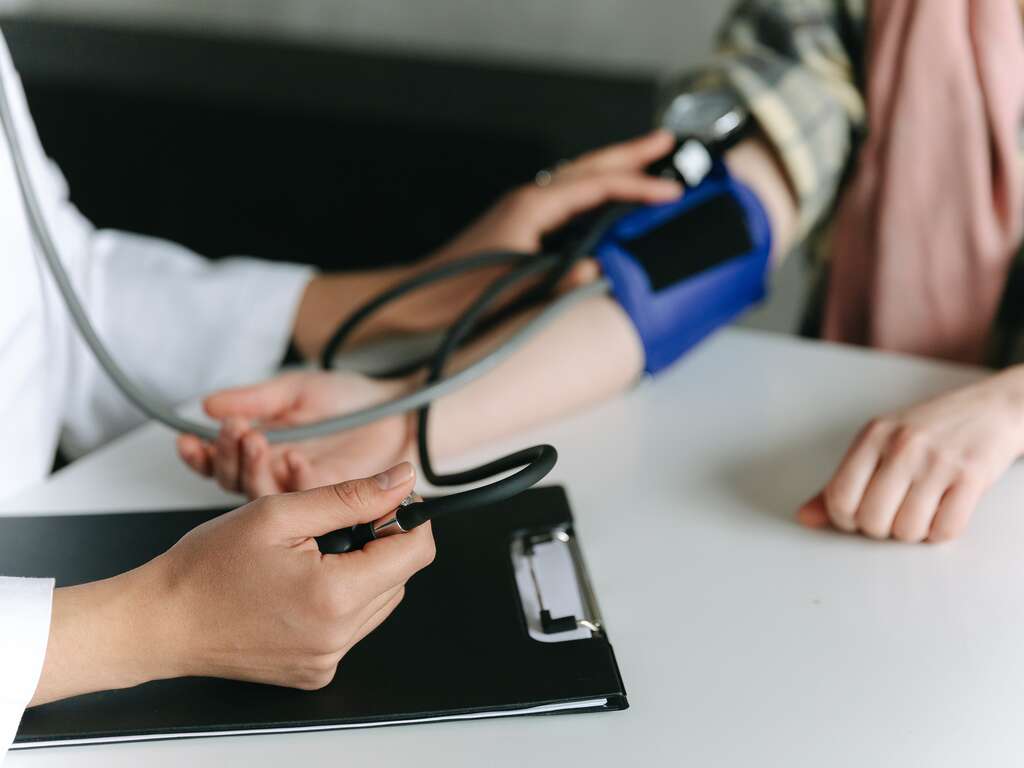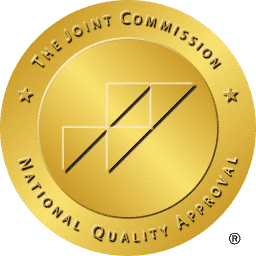In today’s advanced society, where practically anything is available, numerous mind-altering substances can be abused. Unfortunately, doing so has bad consequences and can ruin lives. Today, phencyclidine, famously known as PCP, is a mind-altering drug that is being abused by many.

According to the data from the National Survey on Drug Abuse, individuals of every age use PCP. Six million Americans aged 12 and older are believed to have used PCP at least once in their lifetimes.
Unfortunately, due to its extreme power, PCP has an addictive nature and can have harmful effects on its users. If you or a loved one is suffering from PCP addiction, there are recovery services available.
Substance abuse can be treated, and you don’t have to fight the battle alone. To help better understand PCP use, PCP’s effects, PCP intoxication, and the risks of accidental overdose and severe psychological and physical dependence, read this article and consider if there is a need for PCP addiction recovery services.
History of PCP
PCP was originally developed in the 1950s as an intravenous anesthetic that in low to moderate doses in a calm setting was used for patients so they would not feel pain . Using PCP as an effective anesthetic without endangering the heart and lungs caused it to be initially well-accepted by the medical profession.
Later, veterinarians also started using PCP as an animal tranquilizer. However, the usage of PCP for humans was stopped in 1965 due to its negative side effects, which included post-operative psychosis, acute anxiety, and dysphoria (a sensation of unease or overall dissatisfaction).
By 1967, PCP was exclusively permitted for veterinary use only and quickly rose to prominence as a reliable tranquilizer for animals.
Repeated Use of the Drug in Large Doses
Repeated use of the drug in large doses to humans led to disordered thinking, profuse sweating, involuntary eye movements, weight loss, psychological dependence, changes in blood pressure, accidental injury, and withdrawal symptoms after no longer taking it.
However, in the 1960s, PCP appeared on the street scene for recreational use in San Francisco’s Haight Ashbury, a neighborhood well-known for being the epicenter of the hippie movement and for its culture of psychedelic drug use.
Because of its psychosis side effects, PCP is snorted, ingested, or smoked and is utilized for its psychedelic effects.
What Is PCP Today?
Like many other substances, people using the drug do so recreationally to get high. It is a synthetic hallucinogen that has dissociative psychological effects.
PCP, commonly known as angel dust, is currently a prohibited Schedule II substance under the Controlled Substances Act and is viewed as a dangerous drug with a high potential for addiction.
PCP can be found in tablet or capsule form and even in liquid form, but more commonly PCP is a white or colored powder. PCP powder can be characterized by its distinctive bitter chemical taste.
Due to its prevalence as as a street drug, a variety of street names for PCP, such as:
- Angel dust
- Rocket fuel
- Hog
- Amoeba
- STP
- Super grass
- Killer weed
- Zoom
- Belladonna
- Peace pills
- Boat
- Animal trank
- Sherm sticks
- Embalming fluid
- Wack
- Ozone
- Peace pill
- Elephant tranquilizer
When PCP is pure, it takes the form of a white, crystalline powder that readily dissolves in liquids. PCP is being sold illegally as a liquid or powder that is either white or colored. Users get high with PCP by mixing it with leafy herbs like oregano, mint, or marijuana and smoking the mixture. In addition, PCP is also being illegally sold for oral use as a pill, tablet, or capsule. Lastly, some users abuse liquid PCP by injecting it into their veins using a syringe. Even in low to moderate doses, PCP affects the brain and is known for being a dissociative drug. But injecting it into the bloodstream (where the name “rocket fuel” comes from) can be so dangerous to the brain and heart that it lands many drug users in emergency rooms.
What Happens After PCP Use?
The effects of PCP depend on the dose and also change depending on how it was ingested. PCP takes 2 to 5 minutes to start having an impact when smoked, and 30 to 60 minutes when taken orally. The symptoms of intoxication can continue for 4 to 8 hours, and for some people, they can last for 24 to 48 hours.
The symptoms of PCP might resemble those of alcohol intoxication at moderate doses. PCP users may experience a sense of disconnection from their bodies and their environment. The drug is infamous for providing users a false impression of power and strength. It can also alter a user’s senses of sight, hearing, and reality.
Temporary Effects of PCP
- Euphoria
- Distortions of sound, image, and body
- Detached sensation from body and environment
- Loss of coordination and balance
- Loss of feeling and lack of pain perception
- Acute agitation, anxiety, and mood changes
- Moods of impending disaster
- Numbing of arms and legs
- A slower rate of breathing
- Nausea, vomiting, and vertigo
- Stiff muscles
- Delusions
- Blank stare
What Impact Does PCP Have on the Brain?
PCP has a wide range of significant effects on the central nervous system. PCP are central nervous system depressants that have a wide range of behavioral and neurochemical effects, including reducing dopamine, serotonin, and norepinephrine absorption and increasing their release. PCP is a noncompetitive antagonist of the glutamate and NMDA (N-methyl-D-aspartate) receptors and interacts with other receptors that have effects on the dopamine, opioid, and nicotinic receptors. When these receptors are impacted, it has the power to alter your mood and how you interact with the environment around you.
PCP also affects glutamate, a brain molecule that controls how one perceives pain and reacts to their environment. As a result, those who use the substance may act on their erroneous views and feel invincible, threatened, or under attack. Last but not least, it is thought that the psychotomimetic effects caused by PCP are mediated by particular PCP receptors, where PCP binds more strongly than sigma drugs. Evidence from electrophysiology, behavior, and neuro-chemistry strongly supports that at least some of the diverse activities of PCP are a result of PCP receptor-mediated inhibition of excitatory amino acid-induced responses.
Risks of PCP
Even at low and moderate doses, PCP can produce unique alterations in bodily awareness, comparable to those brought on by alcohol intoxication, and impaired muscular coordination. At high doses and constant usage, PCP can result in hallucinations, seizures, comas, and even death via accidental harm or suicide. High doses can also produce side effects that are similar to schizophrenia’s symptoms, such as catatonia, delusions, paranoia, disordered thinking, and a sense of being cut off from one’s surroundings. Speech is frequently sporadic and jumbled. PCP has sedative effects, and it can cause overdoses or comas when combined with other CNS depressants like alcohol and benzodiazepines.
Dangers for Long-term Health
- It can raise body temperature, respiration rate, blood pressure, and heart rate.
- If you have a severe injury, you might not experience pain because of PCP’s analgesic (pain-killing) qualities.
- Long-term PCP usage can lead to memory loss, cognitive difficulties, and communication difficulties such as slurred or stammered speech.
- PCP users can experience mood issues like depression or anxiety. Suicidal attempts may result from this.
- It can result in long-term effects such as Impaired memory, aggressive behavior, persistent paranoia, delusional thinking, auditory hallucinations, and social isolation.
- The long-term effect can result in kidney failure, cardiac arrhythmias, rigid muscles, seizures, or even death.
Withdrawal Symptoms From PCP
PCP is addictive, so if someone dependent on it tries to cut back or stop using it, they might face PCP’s unpleasant psychological effects and withdrawal symptoms.
Common signs of PCP withdrawal include:
- Increased body temperature
- Seizures
- Hallucinations
- Depression
- Memory loss
- Muscle breakdown
- Muscle twitching
- Agitation
- Speech impairment
- Cognitive problems
- Weight loss
- Compulsive PCP seeking behavior
PCP Addiction Recovery Services at Care Plus New Jersey

If you or a loved one has a PCP addiction, and are ready to address and get help, Care Plus New Jersey is ready to assist you on your journey to recovery.
We are located in New jersey and offer counseling and support programs through our recovery services. We accept state insurance and are an in network facility with most insurance companies.
Contact us today and start your journey to a new life.

CarePlus NJ, INC. is dedicated to excellence in mental healthcare and has a commitment to life-long support needed by individuals and their families to ensure that they achieve their full potential and improve the quality of their lives.








